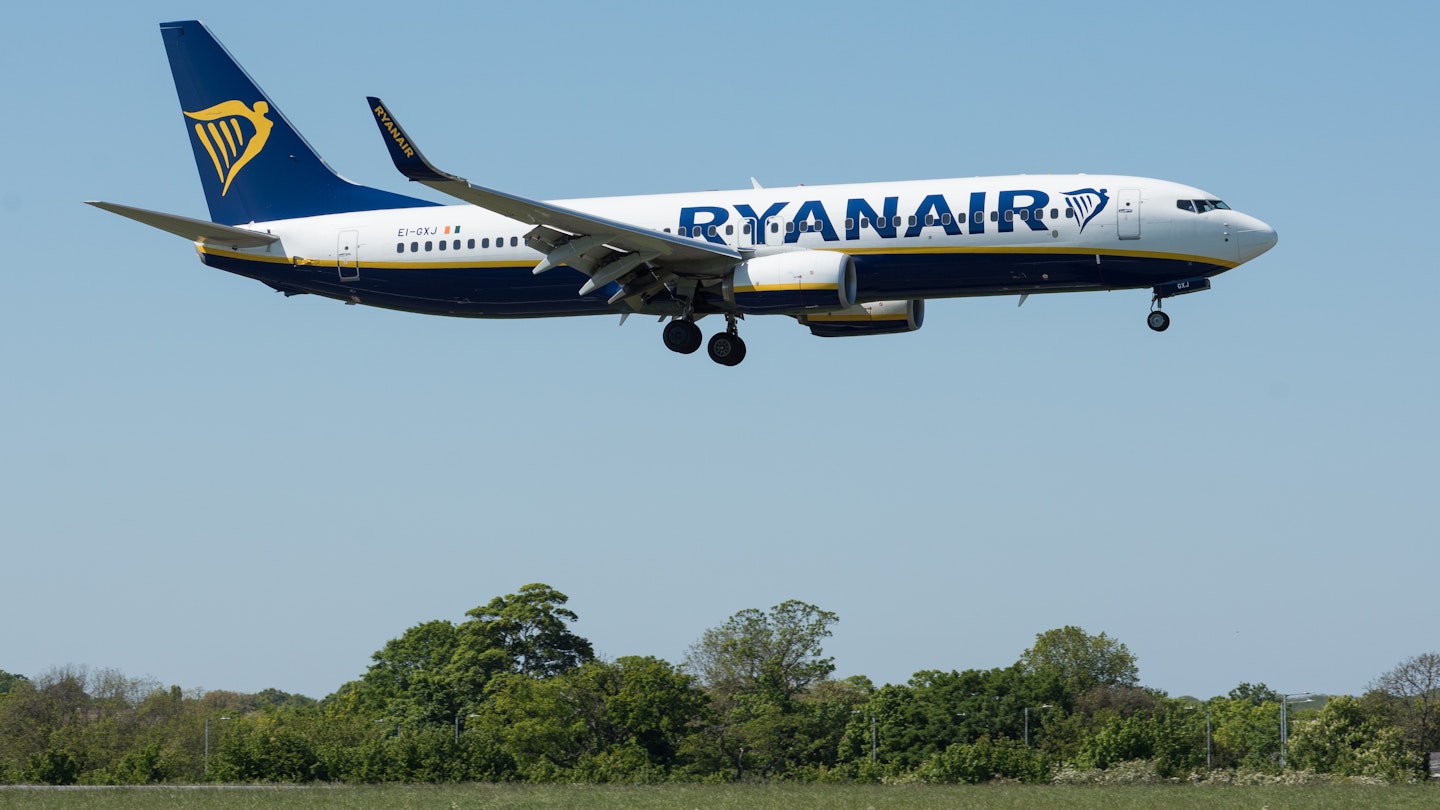Budget Airlines: How to Maximize Your Travel Experience
Budget airlines, often referred to as low-cost carriers, attract travelers for one fundamental reason: wallet-friendly prices combined with extensive flight options. These low fares are incredibly tempting, particularly for those eager to use their vacation time or escape feelings of cabin fever. However, the question remains: do you really get what you pay for?
This inquiry largely depends on conducting some background research before purchasing tickets and understanding the trade-offs involved in securing that seemingly unbeatable deal. While budget airlines face criticism for various reasons, not all complaints are warranted. Many grievances arise from unrealistic expectations influenced by traditional airlines. Importantly, budget airlines have opened the doors to off-the-beaten-path destinations like Iceland that have quickly become top choices for travelers.
Leave Wiggle Room for Delays
Delays commonly rank among the top irritations travelers face with budget carriers. Yet, unless you’ve encountered an unforeseen disaster, such as a volcano erupting, the scenario isn’t as dire as it seems. Statistics from the US Department of Transportation reveal that Frontier Airlines achieved an on-time arrival rate of only 73.1%. While this may be disappointing, even higher-ranked airlines like Hawaiian Airlines managed an 87.7% on-time score.
2019 witnessed a rise in delayed flights, broadening the issue for US airlines. Thus, incorporating extra time into your itinerary, particularly when connecting flights are involved, is critical, especially when flying with less punctual carriers. Always check the airline’s policy regarding compensation in case of significant delays.
Read the Fine Print and Prepare for Additional Costs
A primary downside to budget airlines is the numerous extra fees. From food and drinks to booking and luggage fees, travelers can find themselves nickeled and dimed quickly. At times, even basic necessities, like picking a seat or checking luggage over 15kg, can lead to additional costs. Furthermore, in the past, there were even proposals to introduce fees for using the restroom!
As many traditional airlines reduce or eliminate a range of services, the contrast between budget and standard carriers has become increasingly blurred. Many reputable low-cost airlines, like Ryanair, have recently eliminated change fees for flights in a tumultuous travel climate, reflecting a trend also seen among larger carriers.
Avoid Getting Stranded at Smaller Airports
When flying with budget airlines, be cautious about the airport’s proximity to your intended destination. For instance, if an airline claims to fly you to Frankfurt, it may actually mean landing in Hahn, requiring an inconvenient two-hour bus ride to reach the city center. Always verify take-off and landing locations to avoid missing vital connections or facing late-night arrival issues. This careful planning is particularly crucial at smaller airports with limited operations.
Despite such challenges, small airports offer unique perks, such as quicker customs clearance and affordable parking options. For instance, at some airports, you might discover local dining establishments that rival bigger airports, allowing you to maximize your travel experience.
Pounce on Prime Fares
Ultimately, securing a fantastic deal is the centerpiece of air travel. Budget airlines are known for offering incredibly low fares—including even zero-cost flights (not including applicable fees and taxes). In today’s market, budget carriers are expanding into long-haul services, making it possible to find return tickets from destinations like KL to Europe or Australia to LA for approximately US$1000, often much lower than traditional airlines.
To find these exciting deals, utilize flight aggregators such as Skyscanner or Kayak. If you have the flexibility in your travel schedule, consider searching broadly across multiple airports or for the cheapest available dates. This versatility can also encompass services that alert you to irresistible deals, making spontaneity a significant asset in securing low fares.
Of course, the downside to booking the most attractive price is often a lack of flexibility, which could mean forfeiting your ticket or incurring substantial fees for changes. As such, it’s prudent to obtain travel insurance that covers possible disruptions, including delays and cancellations. Always stay prepared, particularly if your journey is subject to sudden changes.
In conclusion, budget carriers remain an excellent option for travelers seeking cost efficiency without the need for upscale experiences. The savings gained can allow for investments in activities or amenities that enhance your overall travel enjoyment.




